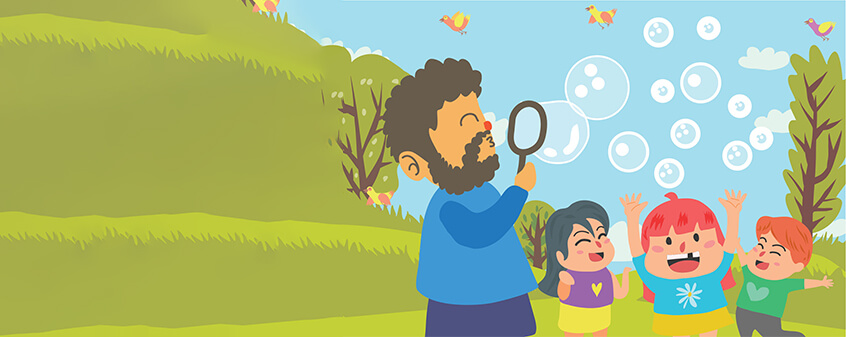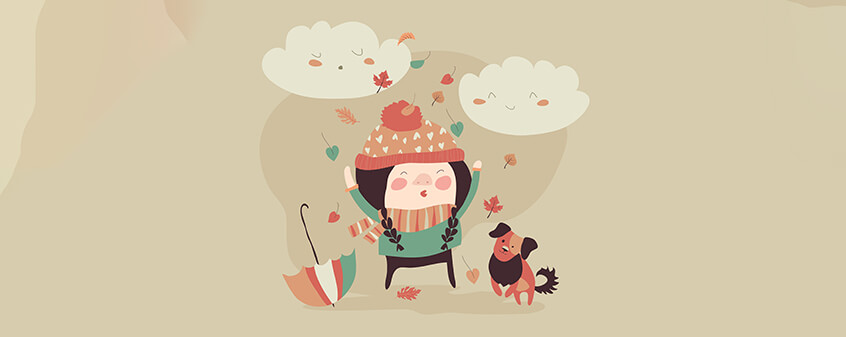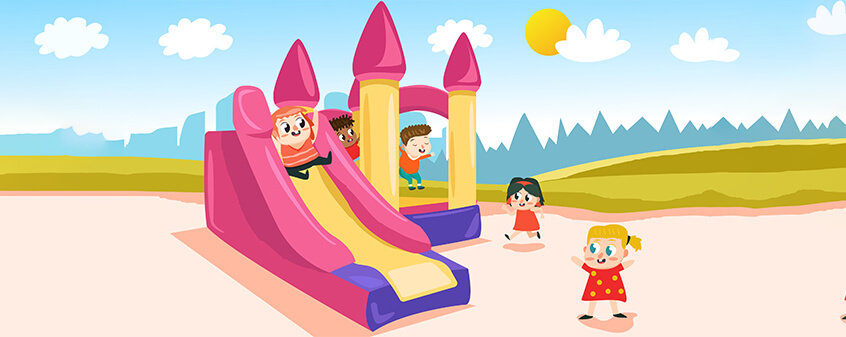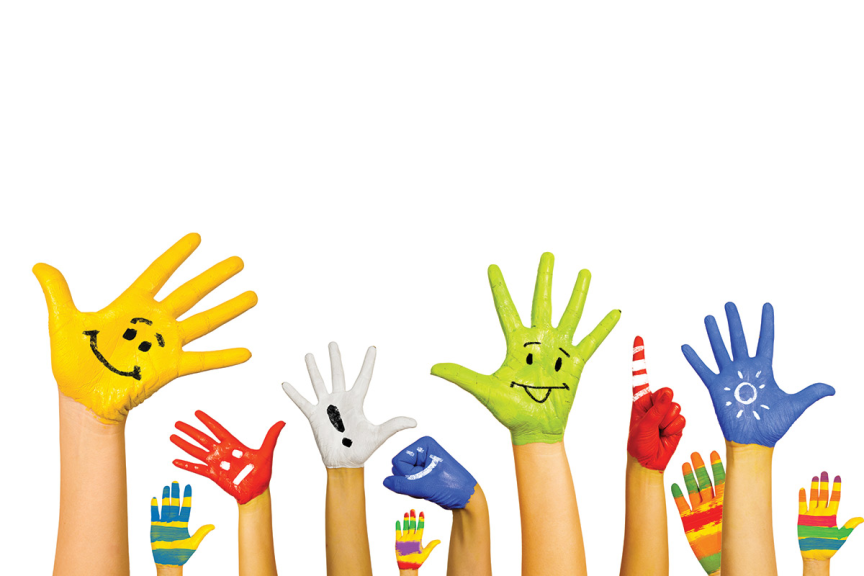Role of parents in early childhood learning
The baby’s perception of the world is based on the environment the father and mother create, even when the baby is in the womb. I am sure you must have heard elderly women in any family saying that a pregnant woman should be happy, for a happy child to be born. The positivity that the mother radiates will ensure that the child imbibes the same. The mother passes on not just nutrition to the foetus, but also information about the environment, which then helps the baby modify his genetic programme so that he can ensure survival.
Parents are the first people the child comes in contact with. Everything that the parents do subconsciously affects the child. How does this affect me as a parent?
For the mother
It is essential for a woman who has just conceived to be happy and secure about conception and not get stressed. Nowadays, most women work right up to the ninth month of their pregnancy, which is fine as long as the work is engaging and stress free. The environment that the mother is in provides vital information to the baby about what to anticipate. If the mother is stressed, the baby prepares for a stress-ridden life. A 6 month-old foetus is as intelligent and aware as a 1-year-old child! Even while agreeing that the fears in your mind regarding pregnancy and delivery are normal, these negative emotions develop an environment of fear for the child. Stay positive and enjoy the journey. The pregnancy journey is priceless.
For the father
If you think that your role starts only after the child is born, think again. The happy and relaxed environment that the mother needs for the baby is created by you. The father plays a very important role during the pre-natal period. Research shows that women who are not confident about their partner’s support, financially or emotionally, tend to look at their pregnancy as unwanted. This negative approach towards the baby has far reaching effects.
Many first time fathers have problems developing a bond with someone that they haven’t seen yet. If you accompany your partner to every pre-natal check up, you will find yourself bonding with the child. Soon you will be as excited about the birth as the mother. This is the time for you to prepare for how you are going to welcome your child. Remember, every interaction you have with your partner adds to the subconscious download of the child.
The physical connect to emotional well being It is often said you are what you eat. This is true for the mother to-be and the child. The food that the mother eats has a direct impact on her emotions and, in turn, has an impact on her baby in the womb. That is why our grandmothers insist on satisfying the food cravings of pregnant women.
The first two years (1 to 2)
Energizing the synapses
The brain is the only organ that is not completely developed at birth. All the other organs continue to grow after the child is born. But the brain continues to develop after birth. The development of the child’s brain has a lot to do with the experiences she undergoes. The child has millions of brain cells when born. Each experience creates a synapse in her brain. A synapse is a connection between the various cells of the brain. Like a bulb it will work only if a source of energy is present. When there is no electricity, a bulb won’t glow. Once the power supply is ensured, the bulb continues to glow till the power is taken away from the bulb. Similarly, the synapse needs a continuous supply of input to remain active.
This connection happens with every single activity. The more experiences we offer a baby, the more synaptic connections she is able to make. These connections between the cells help develop the brain, and so they need to be nurtured and motivated. Synapses that are not fed with thought and action will die. That is why we learn certain things and forget others. So use every opportunity you get to keep synapses active.
What does this mean for me as a parent?
Very frequently I have had parents ask me, ‘Will my baby understand if I read stories to her now? She is just eight months.’ Yes, of course, she will! You underestimate the power of the human brain.
How will I know which synapse is active and which is not?
Surely that’s not possible and that is why we need to ensure that we provide a varied environment for our children. Show the baby a rattle. Rub her back. Tickle her. Show them paintings, cartoons, pictures, take them out, read to them, sing to them, play the drums, the guitar, the piano. Each of these trigger different synapses. All these simple activities add to the synaptic connections the baby is making. Every activity you do may lay the foundation for some talent, which will surface later in life.
With every synaptic connection it is not just the intelligence of the brain that develops, important emotional growth such as trust in the parent begins during the first year too. Let your baby bathe in your love. The more interaction you offer her as a parent, the more confident she grows as an adult.
Dealing with tantrums
- Stick to a routine: Maintain a routine for naps, meals, play time, bedtime, bath, etc. Routine brings stability in the child’s mind. He then begins to anticipate the next activity and learns to get ready for it. You will notice that when it’s bath time, he may get his towel and soap ready for you.
- Offer choices: Don’t ask open ended, questions like, ‘What juice do you want to drink?’ Instead ask ‘do you want orange or lemon juice?’ Being able to choose gives your 2-year-old a sense of independence. He is given the freedom to choose. This makes him feel in charge and powerful.
- Don’t give in to tantrums.
- Don’t just say ‘no’. Say what they could do instead of that.
- Distract them. It’s easy to get kids to do different things.
- Make most things seem like a game. They could aim to throw waste paper into the trash can.
- Count on stars and smiley’s to reward them. They love it when they are rewarded.
- A safe environment is highly essential. Ensure that any fragile or delicate things are out of their reach. The home need not turn into a war field.
Each child is different and there is never going to be a standard blue print of dealing with your children, however keeping in mind some of these points will help you in the early stages of parenting.








